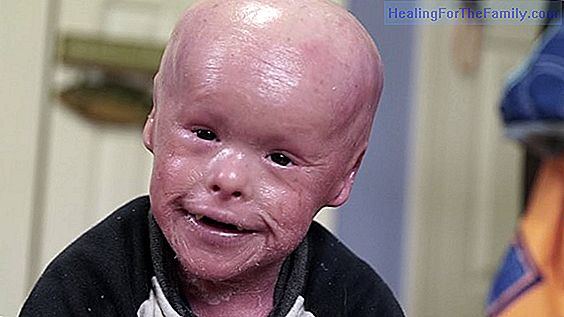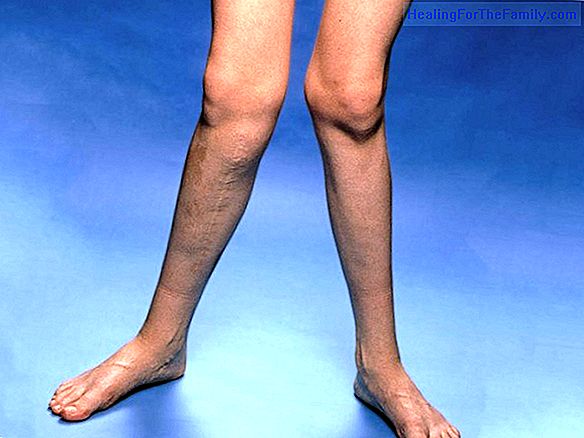The child is sick, can he attend school?
If the child is sick, can he / she attend the school? Good question. I have been asked this question by hundreds of parents throughout my professional practice, and it is not easy to answer, because diseases do not follow any mathematical law, and are somewhat unpredictable. In addition, many of our
If the child is sick, can he / she attend the school? Good question. I have been asked this question by hundreds of parents throughout my professional practice, and it is not easy to answer, because diseases do not follow any mathematical law, and are somewhat unpredictable.
In addition, many of our diagnoses are "empirical" and not certain. A clinical syndrome can be as broad as a respiratory infection of the upper airways, and this in turn obeys germs as different as the innocent and rhinovirus passenger, or the more durable adenovirus.
If the child is sick, should he go to school?

Many times, parents are worried because they find it hard to miss work, and they do not have anyone to stay with the child. Some parents choose to ask for vacation days to take care of their child, or resort to grandparents' help. Another percentage of parents administer an antipyretic to their child and send them to school or to nursery school, but with a certain feeling of guilt. Today we respond to one of the most frequent doubts about this: if the child is ill can he attend school?
The first advice to give is that you have to apply common sense. That is, if the child has not kept an eye on the whole night, for example, it is best not to take the child to school. Beyond this consideration, you have to bear in mind that when doctors tell you that it is better for your child to avoid school, it is not only to guarantee their well-being, but also to avoid having their picture spread among their peers. Below, we detail what to do with your children in various processes: - Common cold without a fever. Does not require school exclusion.
-Flu
. We are not referring to a "strong cold", but to infection by the influenza virus. The child suffering from the flu can go to school after a full 24 hours without fever. That is, once you have a better general condition, let it recover one more day. -Bronchitis
. Theirs is that the child does not return to school until it stops manifesting respiratory distress. -Conjunctivitis
. This picture is contagious until 24 hours after the start of treatment. That is, the child can still have secretions blemished, but no longer contagious. -Bacterial pharyngitis / scarlet fever
. This picture is contagious until 24 hours after the start of treatment. After that time, you can return to the center. -Whooping cough
. Five days after starting the antibiotic treatment, the picture stops being contagious. -Diarrhea
. Most diarrheal processes have a viral origin, and the agent can be eliminated by stool until 48 hours after normalizing the stool. -Parotitis (mumps).
The period of infection is extended up to one week after clinical normalization. - Hepatitis A
. Schooling can be resumed seven days after the onset of jaundice. -Varicella
. The child must remain at home until each and every skin lesion is covered by a scab. -Sudden exanthema
. When the child begins to show spots, it no longer infects. -Pediculosis
(lice). Once the treatment is applied, the child can return to the school.












